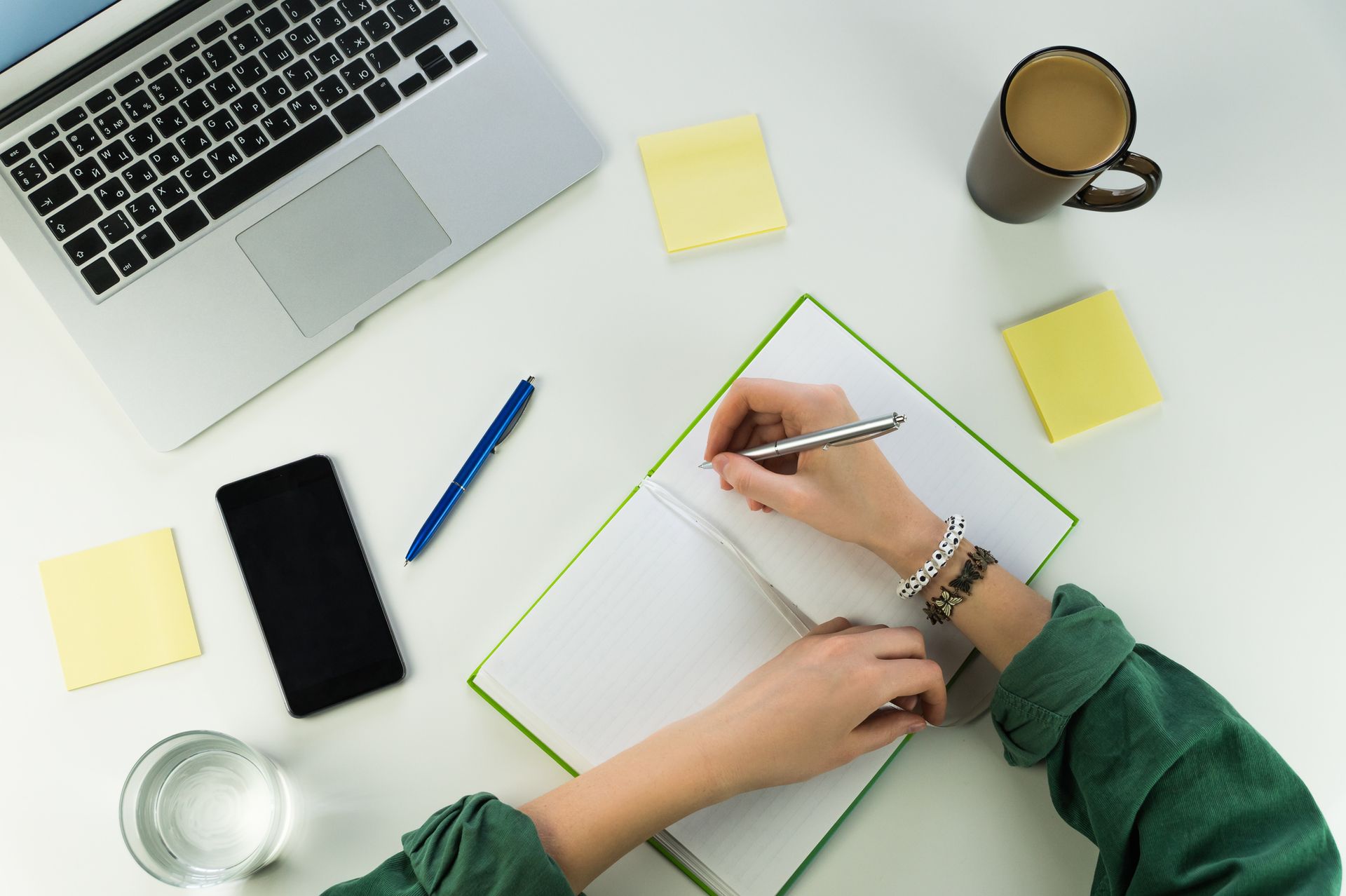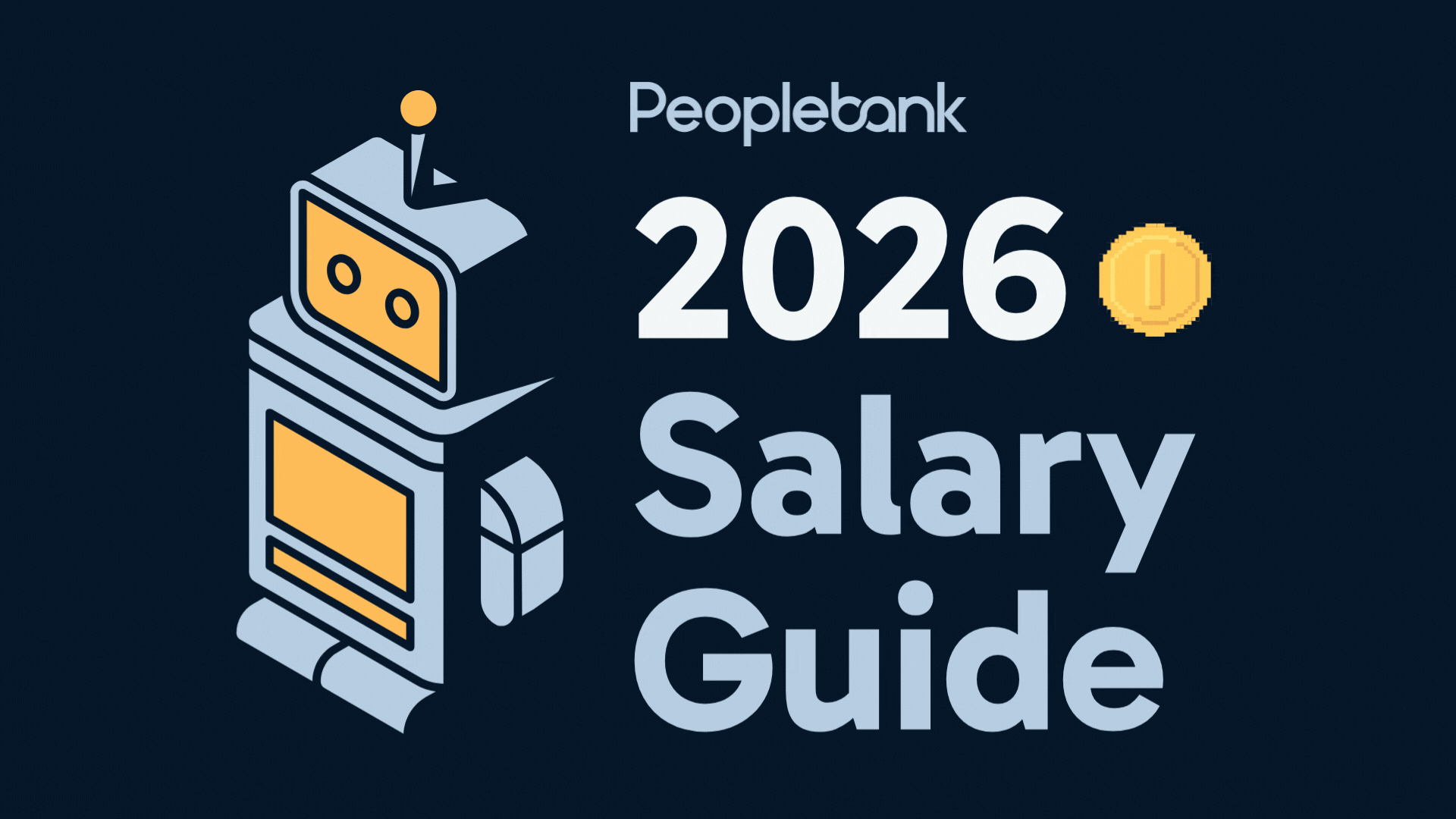How to work from home efficiently
It’s becoming more common for companies to be flexible and allow us to work from home. But some who get this freedom, don’t know how to use it properly. It can be pretty difficult to get used to working from home without the office environment, especially if the idea was quite foreign to you before. Some people can get distracted, slack off, or simply not know where to begin or how to order their day!
Here are some basic tips to work from home effectively.
Have a designated workspace (and make sure it’s not in your bedroom).
Having an ‘office’ at home or a designated desk/table will create an atmosphere that helps you focus. It will ensure that you can leave the work you do on that desk and not carry it around with after working hours. Do not work in your bedroom! The bedroom is a personal space used mostly for rest and may slow down your workflow (aka make you feel lazier). It will also be incredibly hard for you to relax once the work day is over, if you have been in your bedroom all day you won’t be able to easily separate the two functions of the room.

Set daily hours for yourself – similar to those you do at work.
Set your hours! If you used to or still work some days in the office use the same hours to start. However, if you work from home to change these hours, make sure you set a time to start, then work your eight hours. If you find you have finished all you have on your to-do list before the end of the day, use that time to brainstorm and prepare your plan for the next day. Then stop working. When we tick off all we have to do for the day our minds often switch into relax mode.
Get dressed.
It’s completely tempting to stay in your pyjamas all day. I mean… you could. But you will be more productive if you are properly dressed. This doesn’t mean office attire; simple jeans and a t-shirt will suffice. This encourages productivity because you will ‘feel ready’ for your day. It also helps if you need to pop out of the house or go for a walk – you won’t waste time changing in the middle of your work day which can be disruptive.

If you have children or a partner at home, set boundaries and inform them that you can’t be distracted.
This is an important one and you should make time for this conversation. Setting boundaries is vital as family and people in general who aren’t working can be a huge distraction. When your family understands you have work to do and need some quiet or alone time, they will give you that space. This helps in avoiding tension in the home as well as increasing focus on work.

Communicate to in-office staff or other people working from home. Preferably over the phone or video call.
Communication is key. Don’t become a recluse just because you work from home. Make sure you are making yourself present whether it be by email or by phone. Though phone calls are great as you physically hear someone speak and can cover a lot more topics in less time. A phone call at the beginning of the day or after lunch with your manager is great to share a plan or progress of the day. It’s also good to pick up the phone to discuss new ideas, problem resolution and any difficulties you are having with tasks that may require help. It’s great to have certain applications such as Microsoft Teams (in addition to phone and email) where you know your colleagues can reach you for smaller issues.

Get out of the house. Go for a walk, or down to the shops, get some human interaction.
Don’t stay locked up in the house. As you should at the office, go outside for a walk during lunch. Take a quick drive to the shops for morning tea. Speak to a few people on your journey out. Working from home can feel isolating. Speaking to people and as in my previous tip, colleagues can help you feel less lonely and more involved. It’s also wise to take these opportunities as a sincere break. Usually working from home means that we can overwork to get everything done but forget about any breaks. This will wear you out. Take frequent breaks, even to your backyard or balcony for some fresh air or ten-minute meditation.

Make a to-do list for the day and complete it.
This should be done at the start of every day, or at the end of the day before. Make a to-do list with all important tasks first and then less urgent tasks after. Finish all of the tasks on the list. Don’t overstretch yourself and make a huge list of things to be completed that week. Do it day by day, that way you can measure how productive you are being without being overwhelmed. Checking your calendar can be a helpful way to make sure you are on top of everything throughout the week.

Have a TV ban.
TV’s can be a major distraction if your workspace has a clear vision of one. With the temptation of Netflix and that show you’re addicted to it’s kind of hard not to have the TV on even in the background. But that’s just a disturbance. You cannot pay attention to your work at the same time as following an intricate storyline. If you prefer working with sound, play music in the background. Have a TV ban for the day.






















